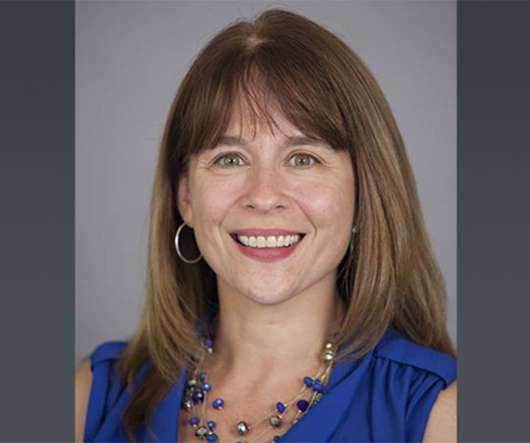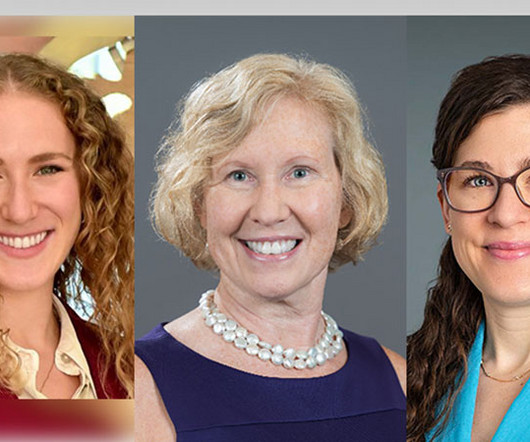Episode 162: Antiracism in Medicine Series – Episode 6 – Racism, Trustworthiness, and the COVID-19 Vaccine
The Clinical Problem Solvers
FEBRUARY 24, 2021
Learning Objectives After listening to this episode listeners will be able to… Recognize the importance of yielding privilege and power to better center marginalized voices and communities through individual, interpersonal, institutional, and systemic actions. Credits Written and produced by: Utibe R.













Let's personalize your content